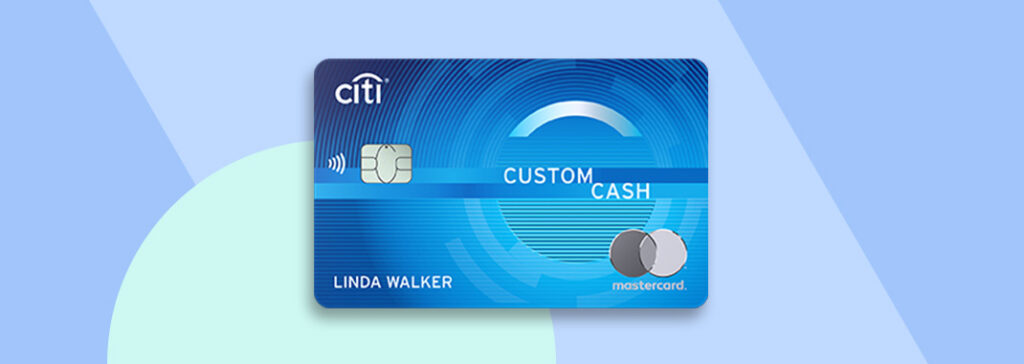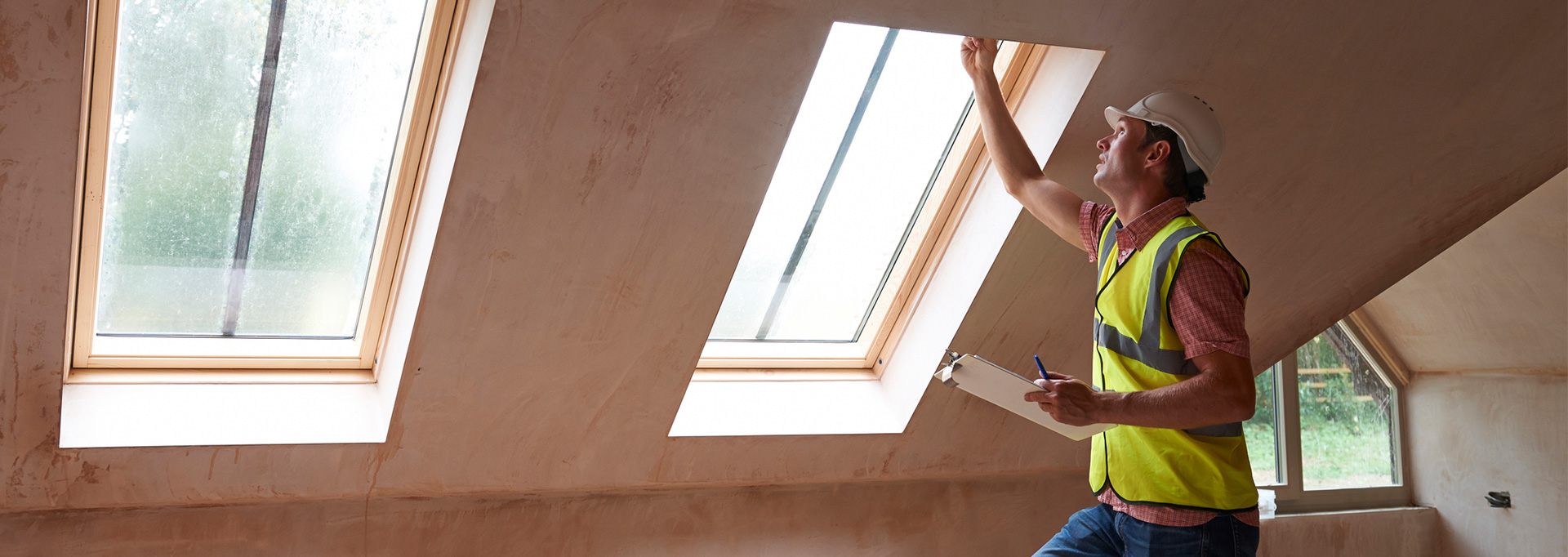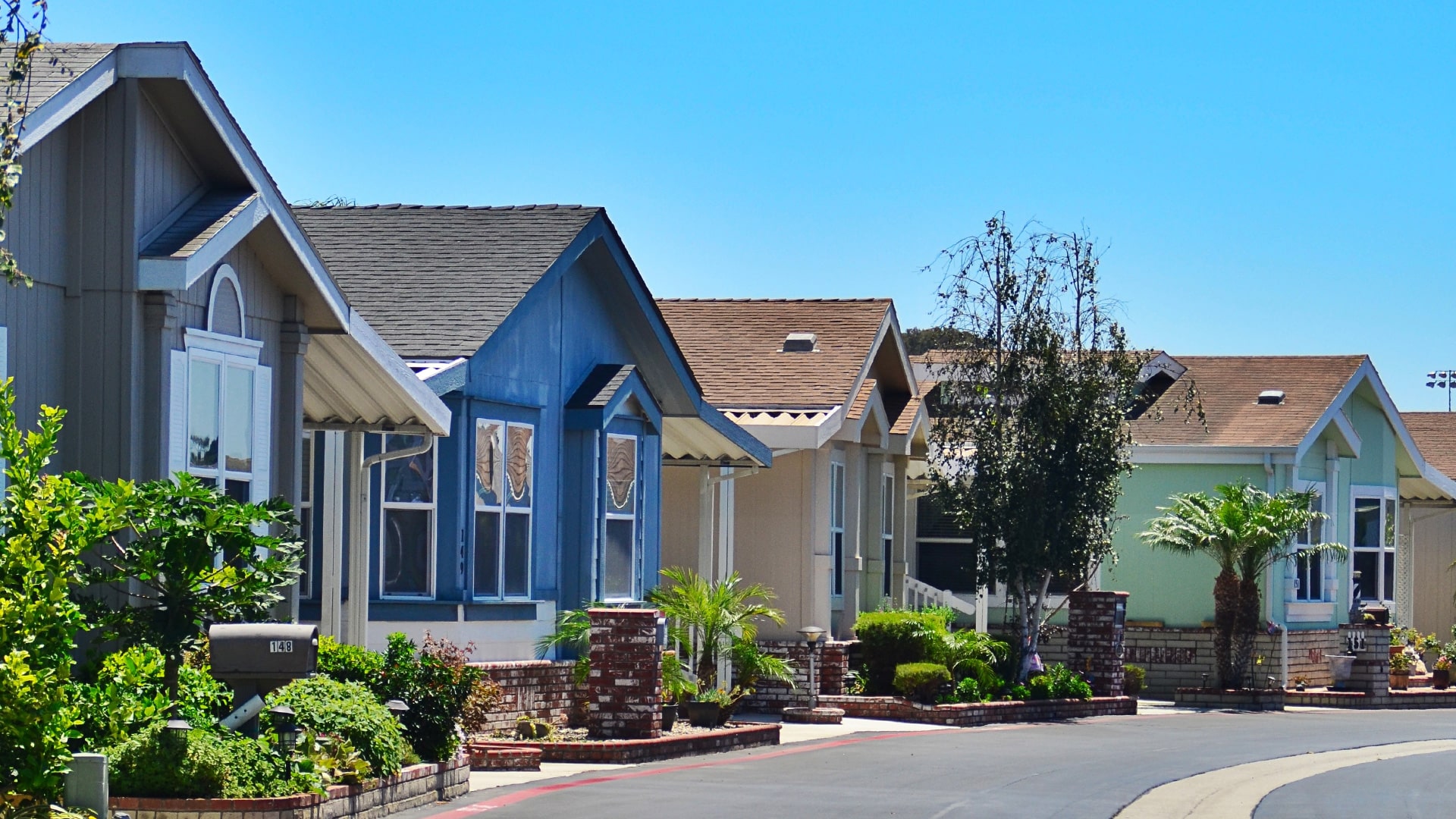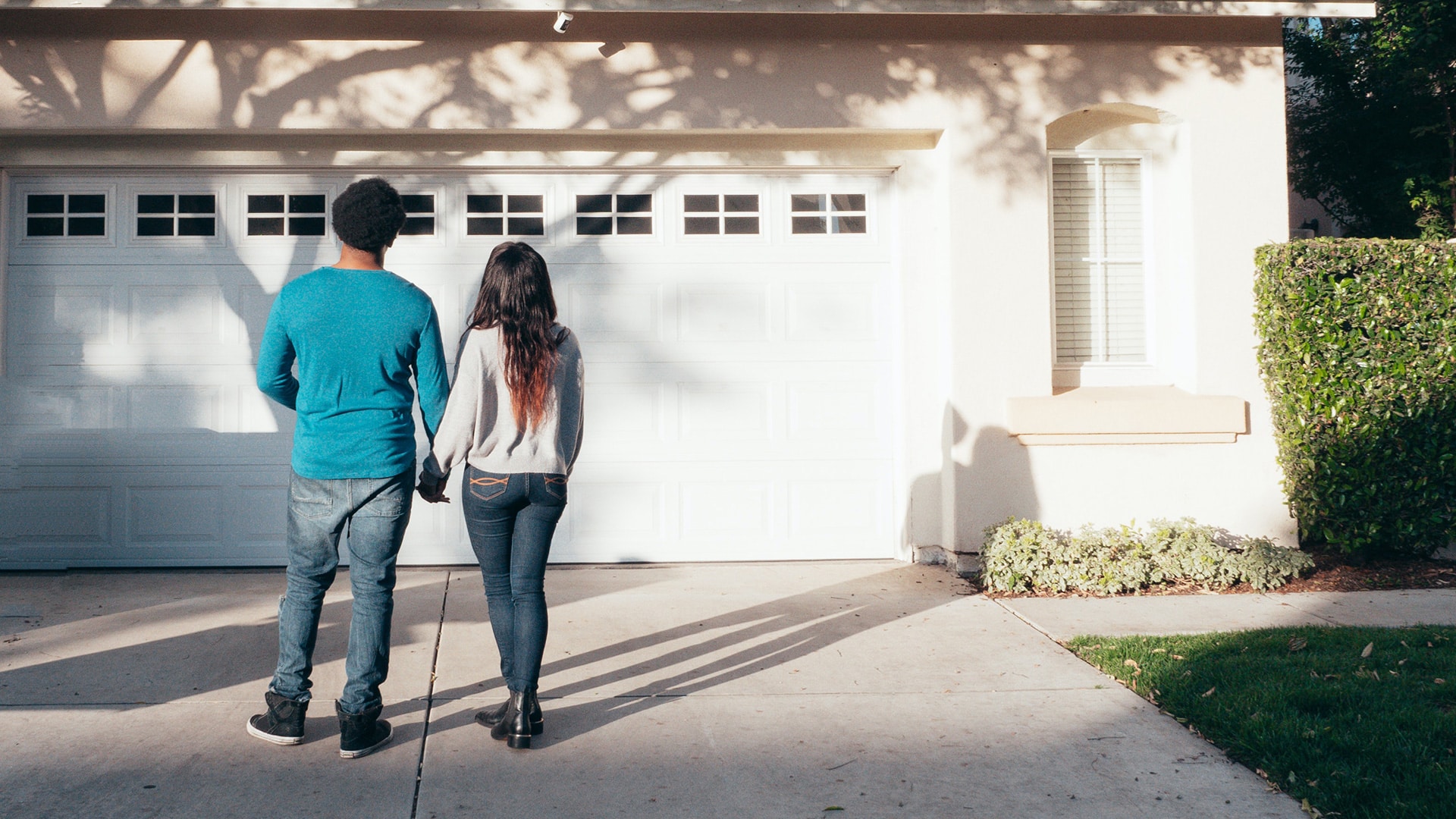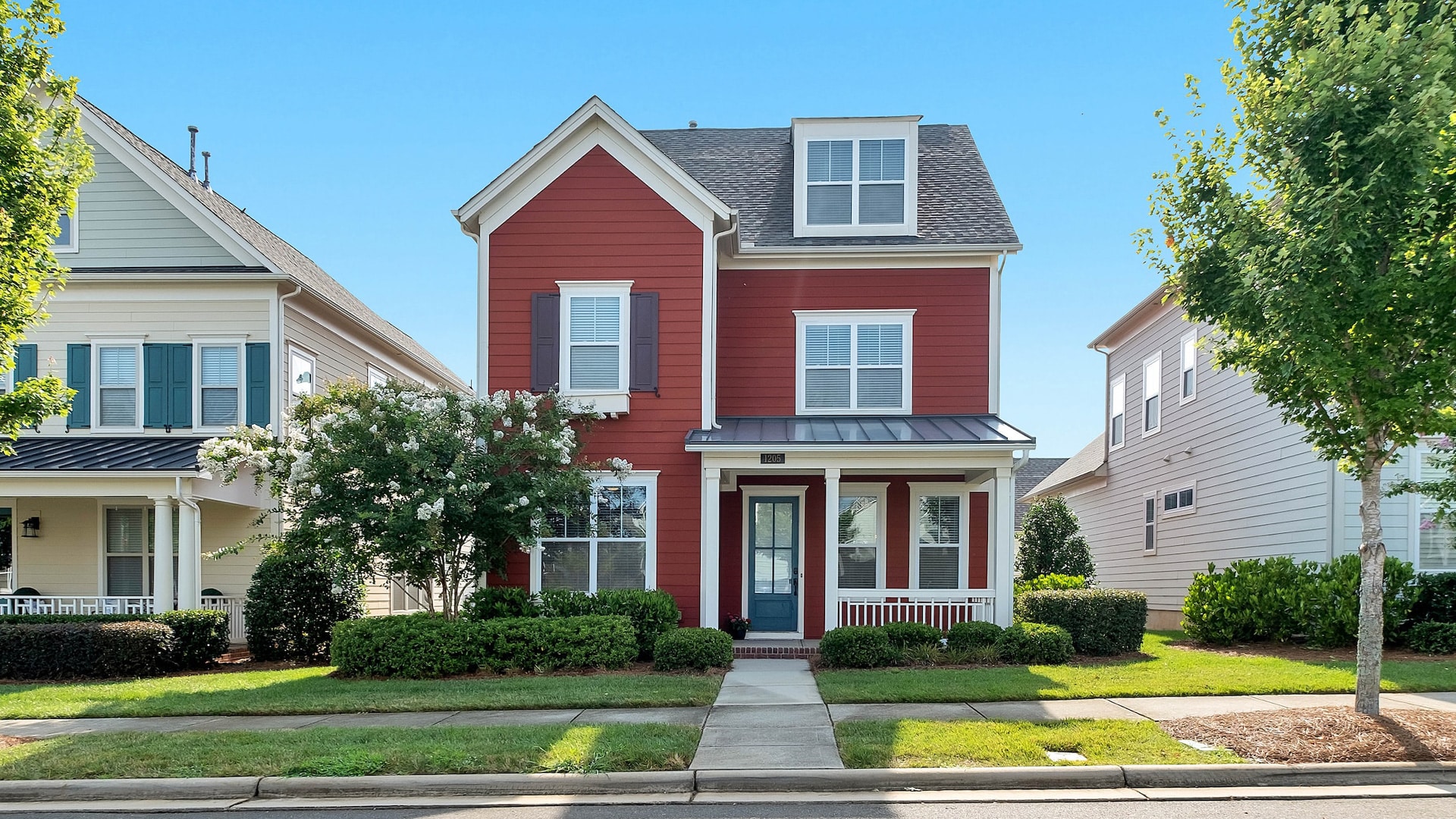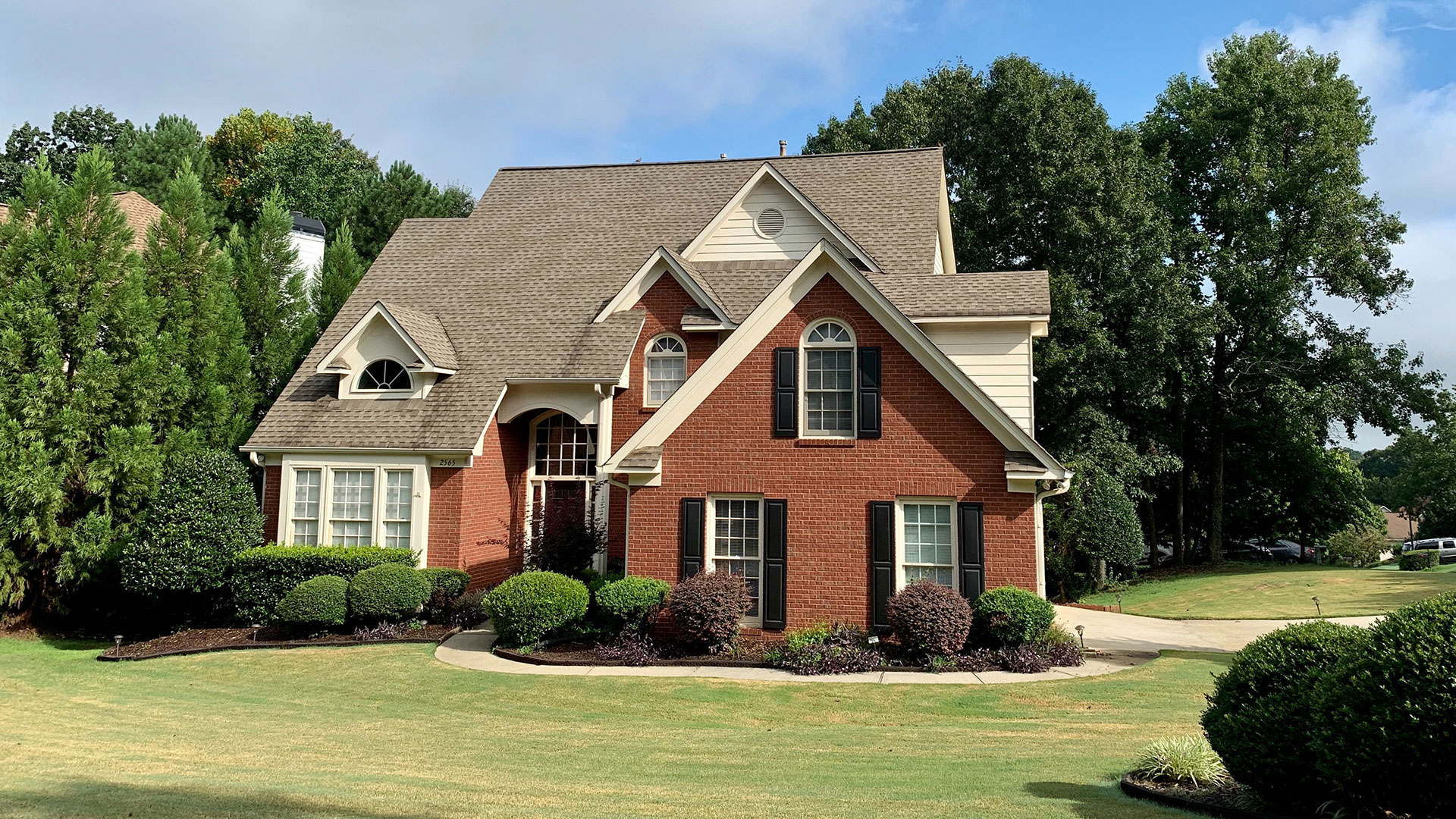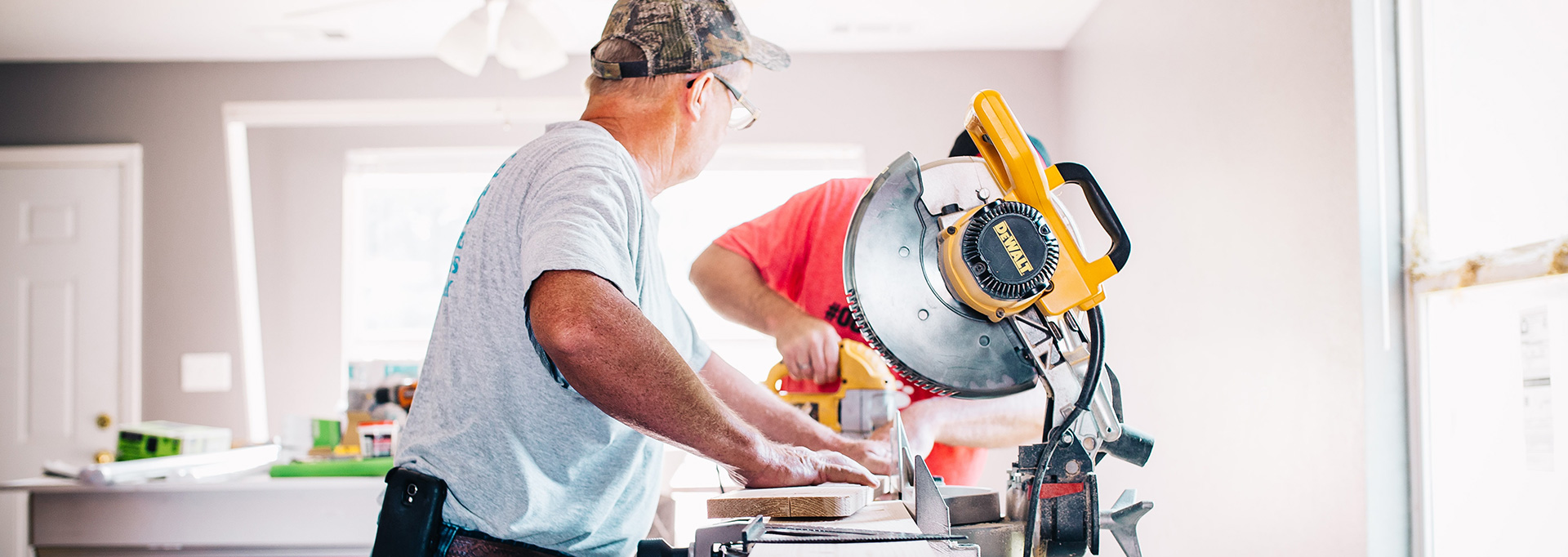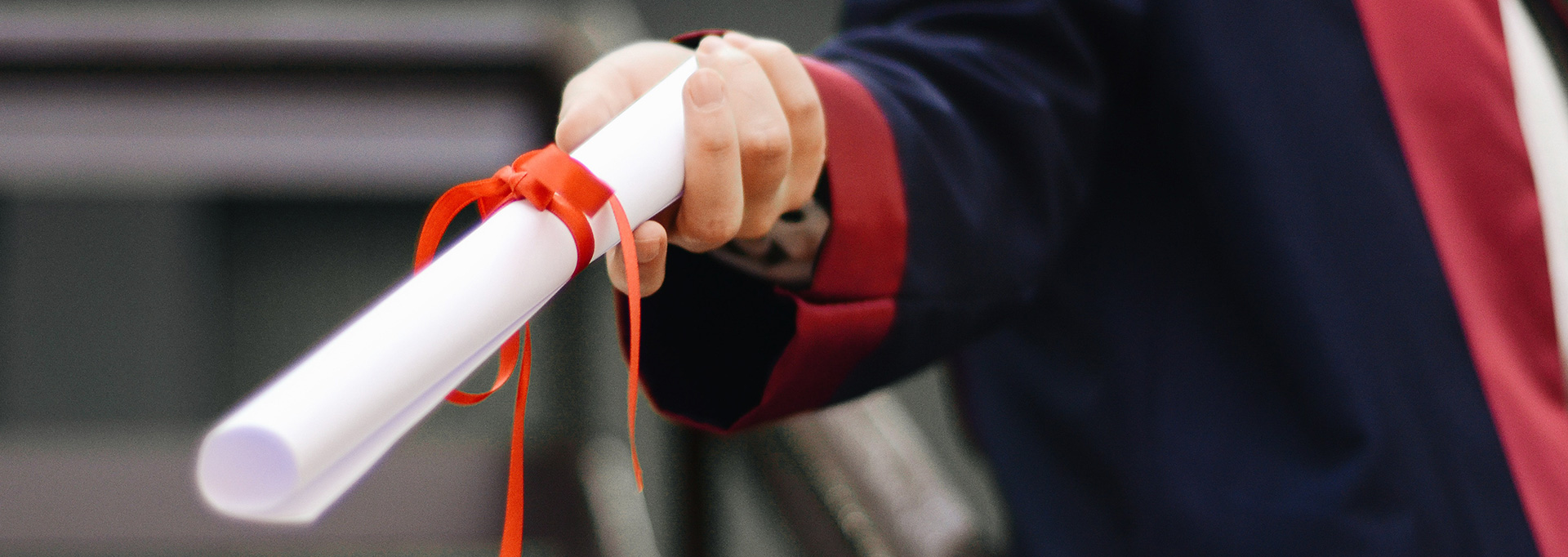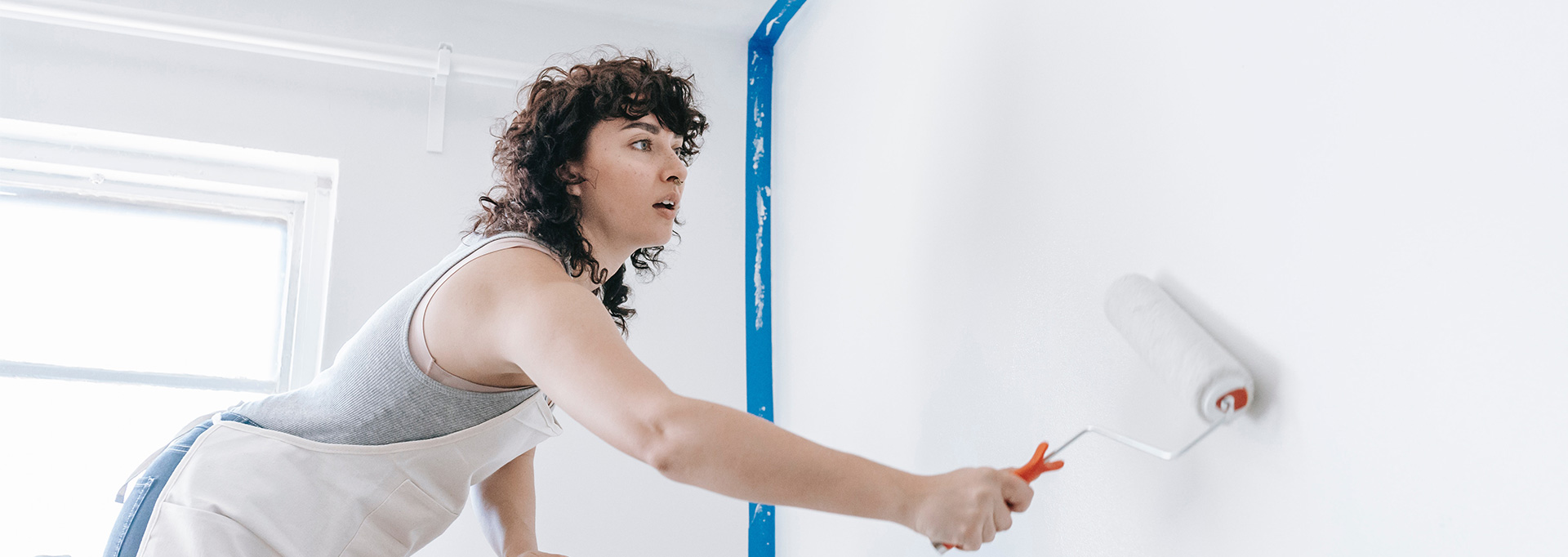Most products on this page are from partners who may compensate us. This may influence which products we write about and where and how they appear on the page. However, opinions expressed here are the author's alone, not those of any bank, credit card issuer, airline or hotel chain.
Owning your own home has historically been one of the best ways to accumulate wealth over time. A 2019 U.S. Census study showed that about 34% of a household's net worth came from the equity in their own home.
But even though there are many reasons to buy a home, it's not always the right choice for everyone. And even if it might be the right choice for you at some point in your life, it may not be the right choice now. There are several situations in which it might be a better idea to rent rather than buy a house.
Buying a House: The American Dream
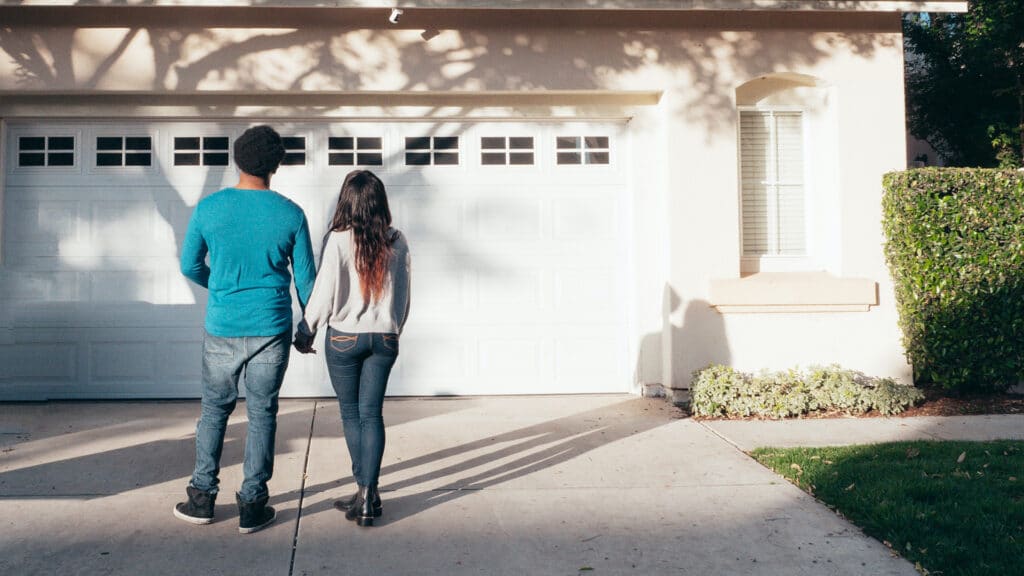
There are few things that are more synonymous with the quintessential American Dream than owning your own home. Historically over an extended period of time, real estate has appreciated at a rate that outpaces inflation. This can make owning real estate an attractive part of your investment portfolio. And of course, everyone needs an actual place to live - so not only can owning your own home be a good investment, it also fulfills a basic need. In fact, it's common for advocates of homeownership to paint renting instead of owning as "throwing your money away" each month.
But the reality is that homeownership may not be right for everyone. It may be at some point in their lives, but we break down what to consider when deciding to rent vs. buy at this point in your life.
When Renting Makes More Sense Than Buying
While buying a home does make sense for many people, it is not always the right choice for everyone at every stage of life. There are situations when it can make sense to rent instead, and savvy consumers will be aware of these situations. It's easy to get caught up in the emotions of finding a place to live and end up making a big financial decision that you might regret. So it's important to balance all of the different factors to the rent vs. buy calculation so you can make the best possible choice for your situation.

11 First-Time Home Buyer Mistakes To Avoid
1. If You're Only Living Somewhere Temporarily
The number-one time it's better to rent than buy is if you know that your living situation is only temporary. Buying a house takes quite a bit of time to pay off, and the value of real estate can fluctuate quite a bit in the short term. So if you're in a situation where you know that you won't be in your current city for the long term, you may want to rent now and save up for a down payment on a house when your living situation is more stable. Even if you think you MIGHT move in the next couple of years, you might want to consider renting rather than buying in the meantime.
2. If You're Unsure About Future Plans
Along the same lines, you may be unsure about your future plans in other areas of your life. If your job or relationship status is up in the air, that could be an indicator that you might be better off renting instead of buying a home. Buying a home is a big financial commitment to a specific location, so you'll want to make sure that your levels of commitment in other areas is a match. You wouldn't want to get in a situation where you buy a house only to find that your partner breaks up with you and/or you lose your job.
3. If You Can't Afford Expenses of Maintaining a Home
While it's fairly well-known that most people need to save for a down payment to qualify for a mortgage when buying a house, there are other upfront costs as well that you'll need to pay as part of the purchase transaction:
- Realtor fees (often around 6% of the home's purchase price)
- Closing costs and fees
- Private Mortgage Insurance (PMI) - common if you are putting less than 20% down on your home
- Prepayment of an escrow fund for property taxes and home insurance
And even after you close, there are expenses that come with homeownership that most renters don't have to worry about:
- Property taxes: These are usually paid every 6 or 12 months or escrowed as part of your monthly mortgage payment.
- Home insurance: Paid annually or escrowed as part of your regular monthly payment. Homeowner's insurance is usually significantly higher than renter's insurance.
- Maintenance and repairs: As a homeowner, there's nobody to call when something breaks. You're on the hook to fix it, or pay someone else to make the repair. You're also responsible for routine maintenance like mowing the lawn, raking the leaves and shoveling snow — items that might be included in your rent if you live in an apartment.
- New projects: One of the benefits of being a homeowner is that, for the most part, you can make updates or additions to your property. The downside is that all of those updates come with a cost, and you'll want to make sure that you've budgeted for the projects you want to do.
- HOA dues: If your home is part of a homeowner's association (HOA), you may have regular payments to your HOA for common amenities or upkeep.
If you've used up all of your savings to get into the house, you may be put into an uncomfortable position when some of these expenses come up after you close on your new home. Before buying a house, make sure that you still have enough money in your emergency fund and other liquid savings accounts to handle these types of homeowner repairs. If that will be a problem, you might consider renting where you just have to call the landlord for maintenance and repairs.
4. If You Enjoy Your Rental's Great Amenities
One benefit of living in an apartment or community with others is access to high-price amenities that might be cost-prohibitive for single-family residences. These shared amenities might include things like:
- Swimming pool and/or hot tub
- Security system / gated community / doorman
- Electric vehicle charging stations
- Gym or fitness center
- Playground and/or pet areas
While it is possible for single-family homes to have some of these amenities, they often come with a higher cost than when they are shared across many households. For example, having your own private swimming pool is possible, but it comes with a higher upfront cost, regular monthly expenses for maintenance as well as higher home insurance rates.
It's also true that many homeowners live in larger communities that do offer some of these shared amenities. However, in these cases, they also usually come with monthly HOA fees for the upkeep of these shared services. These HOA fees are in addition to your regular monthly mortgage amount. In contrast, in an apartment or other rental situation, these amenities are generally included in your regular monthly rent.
5. If You Enjoy Flexibility
With the rise of remote work in many professions, flexibility in living arrangements has become a sought-after perk. If you are one of the many people being able to work from literally anywhere with a reliable Internet connection, you may value the flexibility to change your living situation as you please. When you're renting, you have the option to completely move to a new place or even a new city every year or even every month. When you own a home, this becomes much more difficult to pull off.
6. When Home Prices Are Much Higher than Monthly Rents
There's no denying that home values change in drastically different ways in different parts of the country. If you bought a $250,000 home in Seattle or San Francisco 20 years ago, your home is probably worth over a million dollars now. If you bought that same home in Cleveland, Buffalo or Wyoming, you might have paid less for the home, but you've also likely experienced significantly lower home appreciation.
With that in mind, it pays to be cognizant of how home prices (and your required monthly mortgage payment including all costs) compared to what it would take to rent a similar place. ATTOM's 2022 Rental Affordability Report shows that it is cheaper to rent than buy in about 42% of the counties in the U.S. due to the accelerated prices of homes and low inventory. This includes 21 of the 25 most populated counties in the country. So if you live in one of those areas, it may make more sense to rent than buy and invest the difference between your rent and what a mortgage would cost.
The Bottom Line
While it is true that there are many advantages to owning your own home, it's not the right choice for every person and every situation. You'll want to carefully weigh both the pros and cons of buying compared to renting to see what makes sense for your specific situation. If you know that you're in a temporary or fluid situation, value flexibility or need to work on your emergency fund savings, it may make sense to rent for now until you're in a situation that is more conducive to homeownership.
FAQs
-
Either a house or a condo can be a great investment in almost any market environment, so it all comes down to one's budget and preferences. Homebuyers should consider what they can afford, their living preferences, and whether they want to wait for home prices or rates to go down. While interest rates have been rising in 2022, they are not at historical highs.
-
No, renting an apartment is not a waste of money. Although you are not building equity by renting, you are still paying for a place to live and do not have to worry about all the expenses attached to home ownership.
-
Your decision to rent or buy a house primarily depends on your situation and needs. If you cannot afford a home now, it can make sense to keep renting while you save up for a down payment. If you've already saved up for a down payment and can afford a mortgage, you may be able to reap the benefits of being a homeowner despite the economy.
-
Buying a home in your twenties can be a solid investment in your financial future. However, before you decide, you should ask yourself whether you are ready to settle down in one place for an extended period, take on the extra costs of home ownership, and devote the extra time to maintaining a house. If your answer is no to any of these conditions, you should consider renting until your situation changes.
